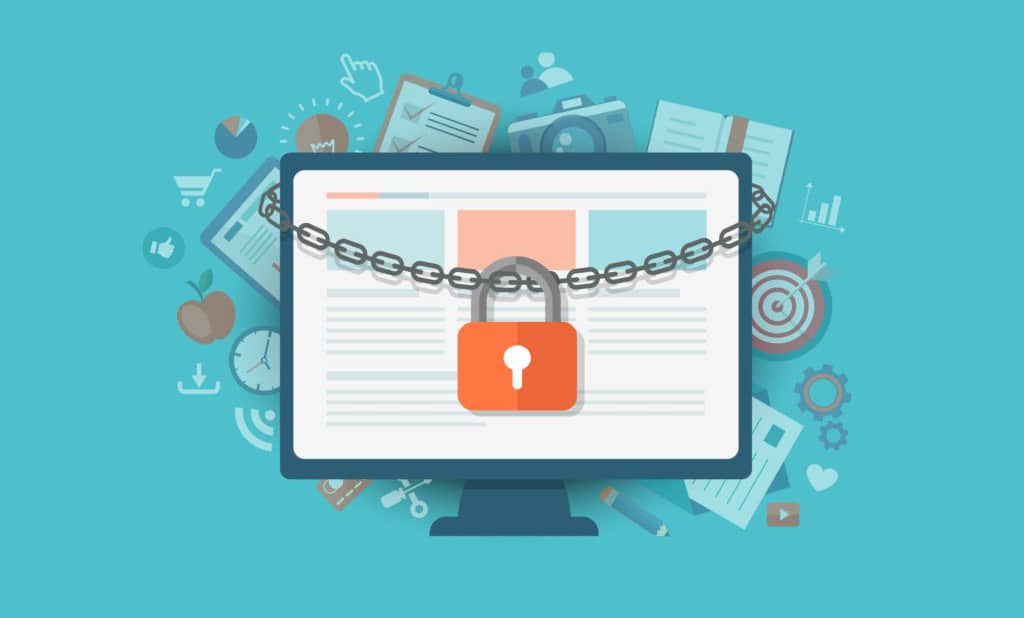More and more employees are working remotely these days and this has brought with it a great deal of convenience, flexibility, and even added expertise; companies can hire staff based across the country or down the block to meet their needs. But the other thing that remote employees and remote employment scenarios have added into the equation is a measure of risk. Companies that opt to hire remote staff, then, need to develop firm security policies to keep proprietary data safe.
Remote Or Mobile?
Many workplaces already have extensive digital security policies in place to deal with the prominence of mobile devices, including laptops and cellphones. For example, a lot of companies eliminated policies allowing employees to use their own phones for business purposes due to the potential risks involved. Others have guidelines regulating public wifi use so that employees traveling on business aren’t subject to cyber attacks.
[pullquote]Companies that hire remote workers need to take into account the fact that most remote staff are also mobile.[/pullquote] Few people who work from home will remain tied to their home desks day after day. They work in coffee shops and libraries, co-working spaces, and other public settings. It’s not enough, then, to supply security practices that only apply to their home offices. Existing policies for staff traveling on business may actually be more helpful than those that assume remote staff members are working from home.
IMAGE: SHUTTERSTOCK
Lock It Down
Employers need to strike a balance between securing remote employees’ mobile devices and their home environments. For example, remote staff should be encouraged to invest in a home security system to protect any sensitive data. Using a private connection isn’t of much use if someone can break into their home and steal a device with company information on it.
Remote workers should also be connected to a centralized storage system, preventing them from storing such information on personal devices. This centralizes all company data while also placing the responsibility for data security firmly in the hands of your IT professionals or a responsible contractor.
Focus On IoT
A few years ago, IoT was virtually a non-concern for businesses. What problems could fitness trackers and thermostats really cause on a professional level? Now, though, IoT has expanded to pose significantly greater problems for businesses. Many businesses are hesitant to adopt IoT precisely because of the risk of hacking or malware attack. Unfortunately, this doesn’t mean remote workers don’t have IoT devices in their homes.
Companies hiring remote workers should consider installing programs like ZeroXT that protect data-at-rest – data that isn’t currently being used. This kind of data is often attacked by malware and ransomware spread through open communications systems frequently used to connect dispersed staff members.
Remote workers can be a great benefit to companies, but they may also pose serious security risks if your business has insufficient technological protections. The key to managing the benefits and risks in equal measure, then, is to be proactive. Talk to your remote employees about what behaviors can put your business at risk and how you can collaborate to minimize those dangers. Together, you can build a successful professional relationship.
For more online security risk-related articles here on Bit Rebels, click here!


COMMENTS